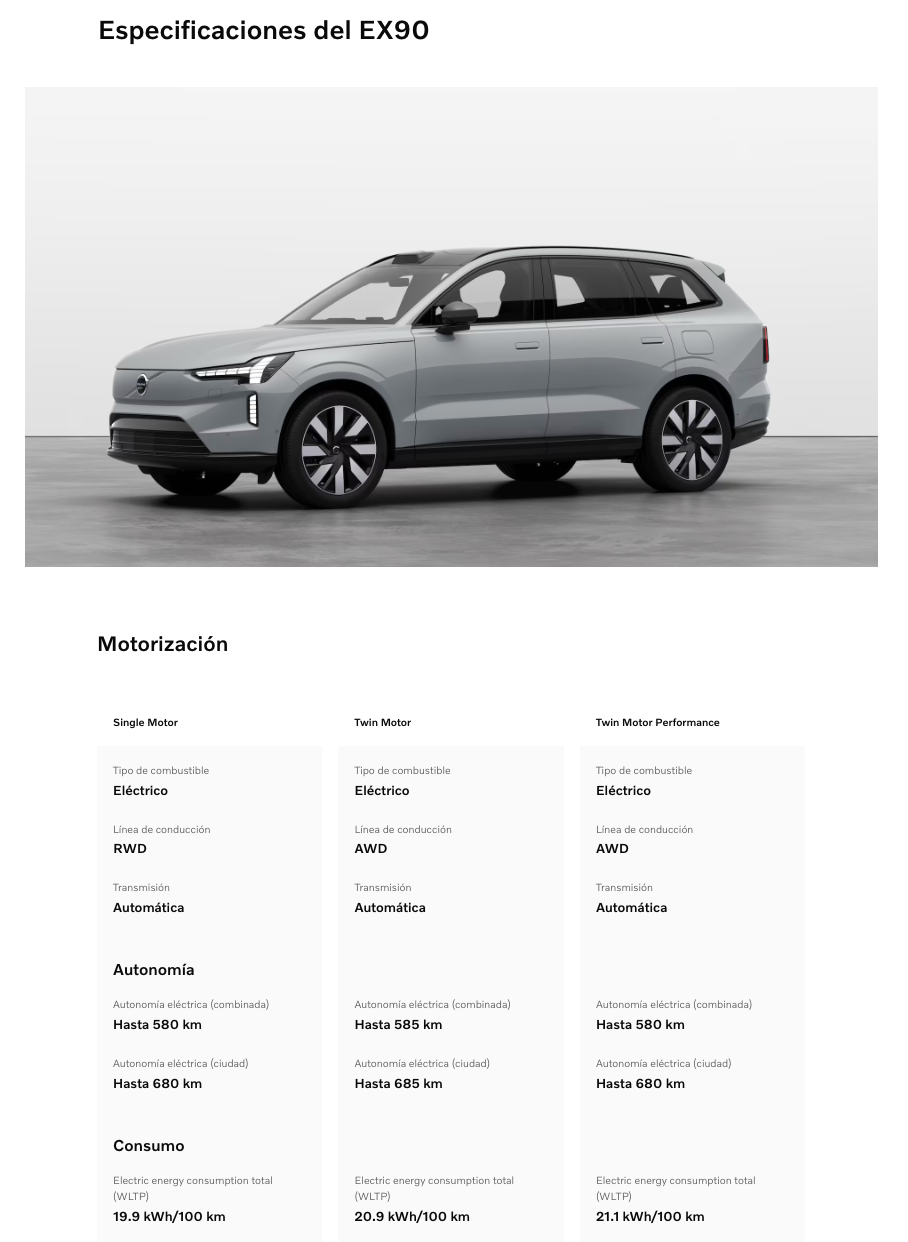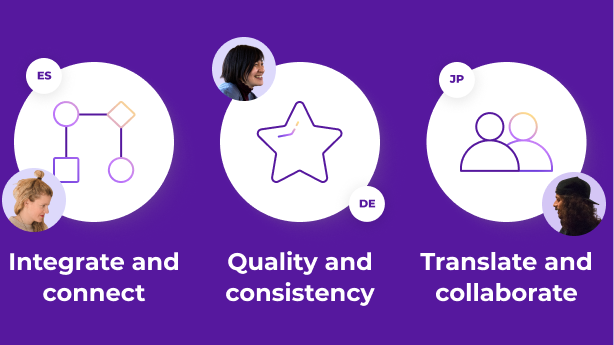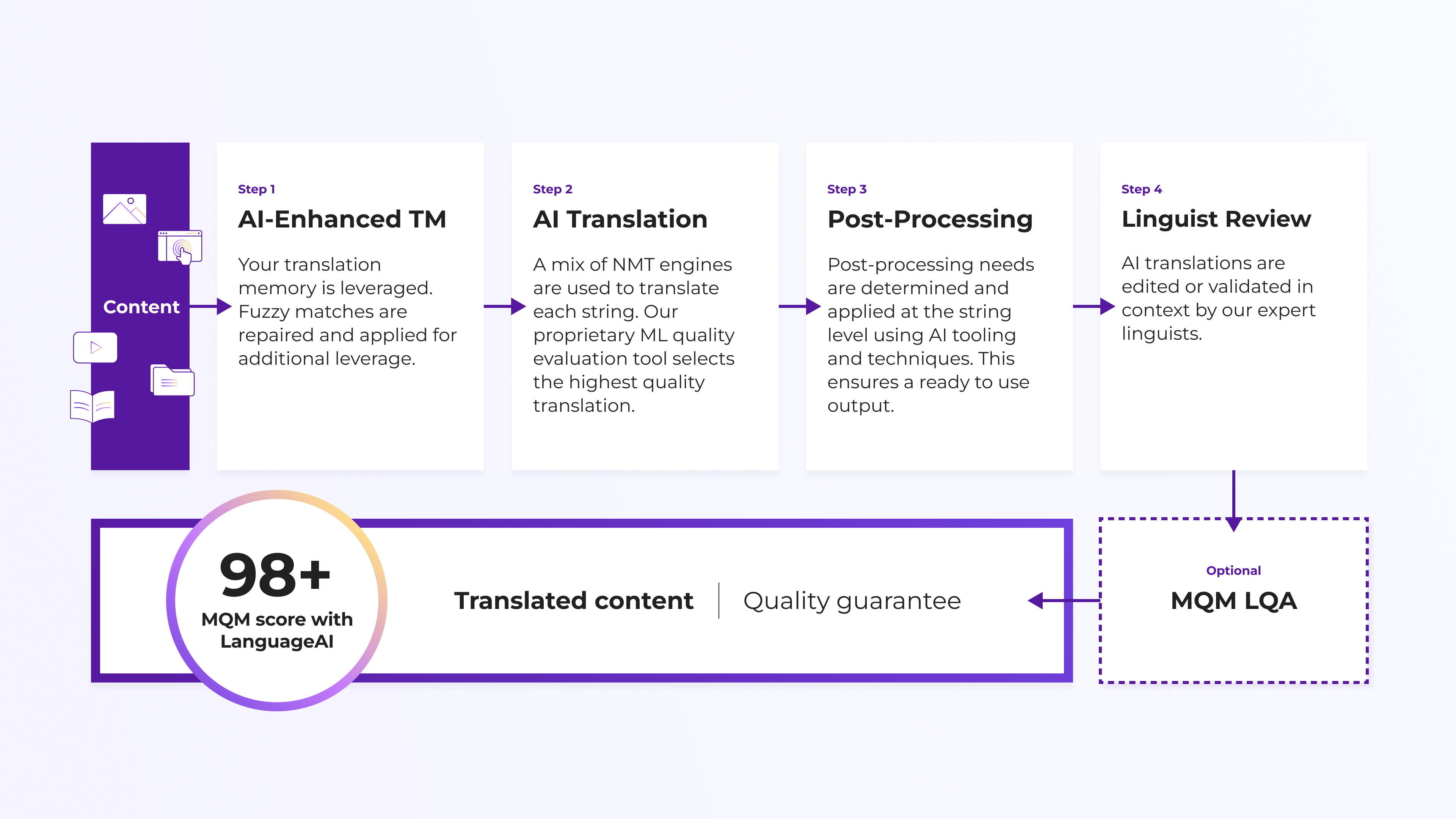Industrial organizations are engaging more and more with global supply chains and operate across continents. As a result, timely and accurate communication in multiple languages is essential to seamlessly interact with international stakeholders. Companies in manufacturing, mining, energy, automotive, and chemical industries must produce precise translations to stay competitive in global markets.
But the good news is that professionally translating your industrial content doesn’t have to be overly complex or break the bank.
In this article, we’ll explore the significance of industrial translation and why it matters not just for compliance and safety but also for brand reputation and innovation. We’ll delve into the types of industries that can benefit from these services and provide actionable insights on implementing effective industrial translation strategies.
The importance of translation in industrial businesses
Translation plays a critical role in various industrial sectors, facilitating effective communication and operational efficiency as businesses expand globally. Here’s a detailed look at the significance of industrial translation services in specific industries:
Manufacturing
Manufacturing companies that operate globally often need to translate technical documents, safety manuals, and operational guidelines. This is critical for compliance with local regulations and ensuring that all employees understand safety protocols and operational procedures. Accurate manufacturing translation services in this sector prevent accidents and achieve compliance with local standards.
Machine
For companies involved in machinery production, translation is crucial for user manuals, installation guides, and maintenance documentation. Industrial translation in this industry often involves translating complex technical terminology to make sure that users can operate machinery safely and effectively. Miscommunication in this area can lead to operational inefficiencies and increased liability risks.
Mining
In the mining sector, translation is necessary for safety protocols, environmental regulations, and operational guidelines. Given the high-risk nature of mining, clear communication in the local language is critical for worker safety and compliance with legal standards. Additionally, translation helps in negotiating contracts and agreements with local stakeholders, which is essential for successful operations in international markets.
Energy
The energy sector requires translation for technical specifications, project proposals, and regulatory compliance documents. Accurate translation ensures that all parties involved, including local governments and contractors, understand project requirements and legal obligations. This is particularly important in regions where energy projects must meet stringent local regulations.
Automotive
In the automotive industry, translation is vital for product descriptions, marketing materials, and user manuals. As companies sell vehicles worldwide, they must provide communication that is culturally relevant and linguistically accurate. This enhances customer satisfaction and strengthens brand loyalty, as consumers feel more connected to brands that speak their language.
For example, here’s how Volvo Cars’ Spanish website displays car variants and their accurately translated specifications.
 Automotive translation by Volvo Cars (Source)
Automotive translation by Volvo Cars (Source)
Chemical
Chemical industries deal with complex regulatory requirements. To prevent legal issues and ensure the safe handling of hazardous materials, companies must accurately translate safety data sheets, regulatory documents, training materials, and e-learning modules. Translation services help chemical companies communicate effectively with regulatory bodies and customers, ensuring compliance and promoting safe practices.
Medical device
In the medical device industry, translation is essential for product labeling, user manuals, and clinical trial documentation. Medical device translations need to be precise so healthcare professionals and patients can use devices safely and effectively. Compliance with local regulations, like the FDA in the U.S. or the CE marking in Europe, often requires thorough translation of technical documents and safety information.
To know more, check out our detailed guide on medical device translation services.
Common industrial translation challenges
Common challenges in industrial translation stem from the complexity of language, cultural nuances, and the technical nature of the content. Here are some key obstacles:
Lack of industry knowledge
Translators often face difficulties when they lack specific knowledge about the industry they are translating for. Navigating specialized vocabulary and the need for precision in conveying technical information require both linguistic skills and subject matter expertise.
This is particularly crucial for medical or manufacturing industries where understanding specialized terminology and practices is more than just a matter of ensuring accuracy. Without this knowledge, even experienced translators may struggle to convey the intended meaning effectively, and this can have huge implications in terms of safety.
Smartling's hand-picked translators are equipped with the niche industry-specific expertise needed to navigate complex content. So, no matter the domain, customers can be sure that translated text is correct.
Strict regulations and standards
In the engineering and manufacturing industries, regulatory bodies like the U.S. Food and Drug Administration and the International Organization for Standardization are imposing increasingly stringent requirements on the quality of customer-facing documentation. The growing recognition of the critical role that clear, accurate, and accessible documentation plays is driving this shift.
In addition to legal requirements, companies must keep up with various standards that guide translation practices across industries. These include:
- ISO 17100:2015: This standard outlines requirements for the translation process, including translator qualifications and project management practices.
- ASTM F2575-06: This set of guidelines focuses specifically on quality assurance in translation across different project types, emphasizing context and cultural sensitivity.
- DIN 2345: Widely recognized in Europe, this standard highlights the importance of translated text’s functionality.
It’s also important to note that there are country-specific regulations about translations. For instance, in China, translation platforms must adhere to stringent data privacy laws. Meanwhile, in Canada, federally-regulated businesses must provide bilingual materials in both English and French, reflecting the country’s commitment to linguistic diversity and accessibility. Similarly, Spain mandates that legal documents must undergo review by a sworn translator (a translator certified by the Spanish Ministry of Foreign Affairs, authorizing them to produce official translations that are legally valid in Spain).
Linguistic and cultural differences
Cultural nuances can significantly impact translation quality and may create language barriers. Translators must navigate idioms, humor, and cultural references that may not have direct counterparts in the target language. Getting the cultural nuances right requires a deep understanding of both the source and target cultures to ensure that the translated content resonates with the audience.
How to approach industrial translation the right way
So how do you get industrial translation right? You must consider a strategic framework that encompasses various aspects of the translation process, including technology, cultural sensitivity, and project management. Here are some key strategies to ensure successful industrial translation:
Work with professional translation services
One of the cornerstones of successful industrial translation is partnering with professional translation services. Here are some quick tips:
- Look for companies that offer localization services for adapting content to meet the cultural nuances of multilingual markets.
- Employ native-speaking translators with subject matter expertise to get translations that are linguistically accurate and technically sound. Professional linguists like Smartling’s bring a deep understanding of industry-specific terminology and can convey complex information effectively.
- Choose a translation company that specializes in technical translation services, especially for industries like engineering, manufacturing, and pharmaceuticals where precision is paramount.
- Don’t forget media localization. Look for multimedia translation capabilities such as transcription and subtitling. This will be useful for localizing training videos, product videos, and e-learning courses.
- Additionally, verify your translation solution’s ability to quickly handle high volumes of content without compromising on quality. This efficiency is crucial for businesses that operate in fast-paced environments and require timely translations to maintain their competitive edge.
To help you make an informed decision for your business, we’ve created a comprehensive guide to translation services.
Implement effective terminology management
Keep a central database of your industry-specific terms and helpful resources like style guides and glossaries. This will help ensure that your translations are consistent across different projects and languages. This not only simplifies the translation process but also helps you maintain your brand voice and technical accuracy, which are both important in industrial settings.
Incorporating translation memory software into your translation process can enhance efficiency and consistency. This technology allows you to store and reuse previously translated segments, which helps you save on translation costs.
Aim for seamless project management
Industrial translation projects demand smooth collaboration between technical experts, translators, native speakers, and other translation stakeholders in your organization. Implementing a translation management system (TMS) can make this a breeze. A TMS helps organizations manage translation workflows, with tools for collaborating, tracking progress, and keeping tabs on deadlines.  Smartling’s TMS facilitates seamless project management (Source)
Smartling’s TMS facilitates seamless project management (Source)
By centralizing all translation-related activities, a TMS streamlines communication between translators, project managers, and other stakeholders. This transparency helps you address any quality issues proactively.
Check out our detailed guide on how to choose a TMS.
Harness the power of AI-powered translation
AI tools can help you balance costs and quality in your industrial translation efforts. For example, Smartling's AI Translation Toolkit delivers a suite of AI translation features designed to greatly reduce translation costs and improve linguist performance without sacrificing quality. The toolkit includes features like AI glossary term insertion and edit effort estimation, enabling you to keep terminology consistent across all translations and ace quality assurance with less manual effort.
Moreover, AI tools like machine translation and generative AI can also improve translation. However, it’s important to remember that while AI can enhance productivity, the human touch is indispensable. AI-powered human translation leverages AI efficiency to produce content more quickly and at lower costs while harnessing the nuanced understanding of skilled translators. This combo ultimately results in high-quality translations that resonate with target audiences.  Smartling combines AI with human translation (Source)
Smartling combines AI with human translation (Source)
Industry-specific translation success stories
Industrial translation is not without its challenges but, with the right translation partner, you can sail through the process. Let’s look at a couple of success stories:
How translation powers BMJ’s global healthcare services
BMJ, a global healthcare provider, faced significant challenges in delivering vital health content across multiple languages. With the need to translate up to 4 million words in less than a year, BMJ required a more efficient solution to scale its operations.
To address these challenges, BMJ implemented Smartling's cloud-based TMS. This transition enabled the automation of the translation process, reducing the time to publication by 54%. Leveraging translation memory further decreased translation costs by 21%.
Ultimately, BMJ was able to slash its project management workload by 75%, allowing its team to concentrate on enhancing global health initiatives rather than getting bogged down in translation tasks.
Read how BMJ is creating a healthier world through translations.
How Eurail.com enhanced customer experience with accurate translations
Eurail.com, the official website for Eurail passes, recognized the importance of providing a seamless multilingual experience for its diverse customer base. With a growing number of international visitors, it faced the challenge of accurately translating its website content into multiple languages. The need for quick and efficient translations was paramount to maintain customer satisfaction and drive sales.
By partnering with Smartling, Eurail.com was able to streamline its translation process. Smartling's platform enabled real-time collaboration between translators, project managers, and other key stakeholders, which significantly improved Eurail’s efficiency. This centralized approach not only ensured consistency across translations but also reduced turnaround times and ultimately reduced translation costs by 70%.
Discover how Smartling transformed Eurail’s translation workflows.
How Smartling simplifies industrial translation
Smartling makes your industrial translation process a breeze by integrating advanced technology with human expertise. Smartling also excels in delivering technical translations tailored to a variety of industries.
Take a look at some of Smartling’s features:
- AI-powered human translation: Smartling combines AI translation with the expertise of native-speaking translators for accuracy and contextual relevance.
- Unparalleled quality assurance: Automated quality checks enhance translation accuracy by identifying and flagging errors, such as misspellings and incorrect language usage, before submitting the content for review, smoothing workflows and boosting output quality.
- Translation memory: Smartling’s cloud-based solution stores previously translated content to reduce costs and turnaround times while enhancing consistency.
- CAT tool: The cloud-based CAT tool provides translators with visual context of the content they’re translating in real-time, increasing their efficiency and accuracy.
- Automation and workflow management: The TMS streamlines project management with real-time collaboration and dynamic workflows.
- Industry-specific translation solutions: Smartling’s tailor-made language services meet the unique translation needs of industrial companies effortlessly.
Build reliable industrial translation workflows with Smartling—book a meeting with us today.
%20052925%20-%20AI%20Translation%20101%20(1).png)
.jpg)